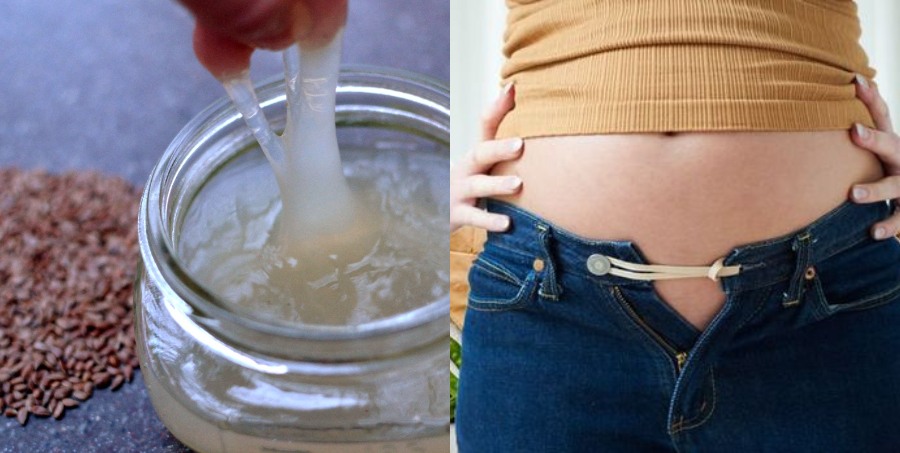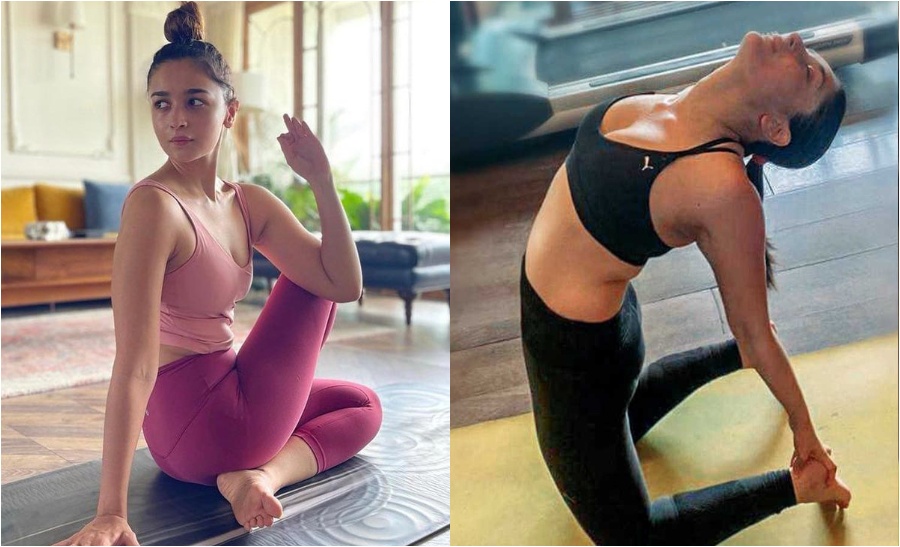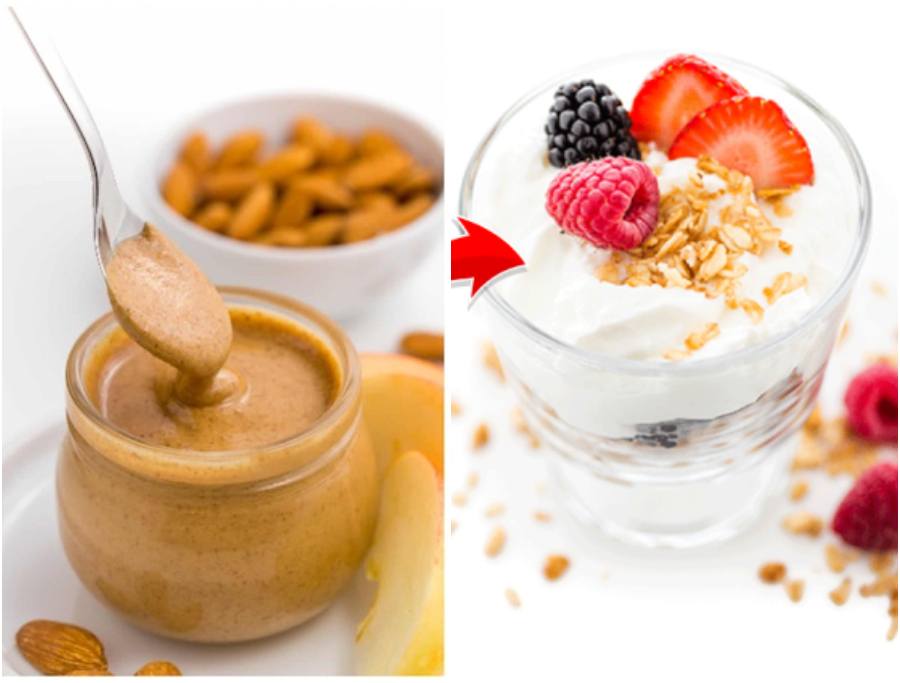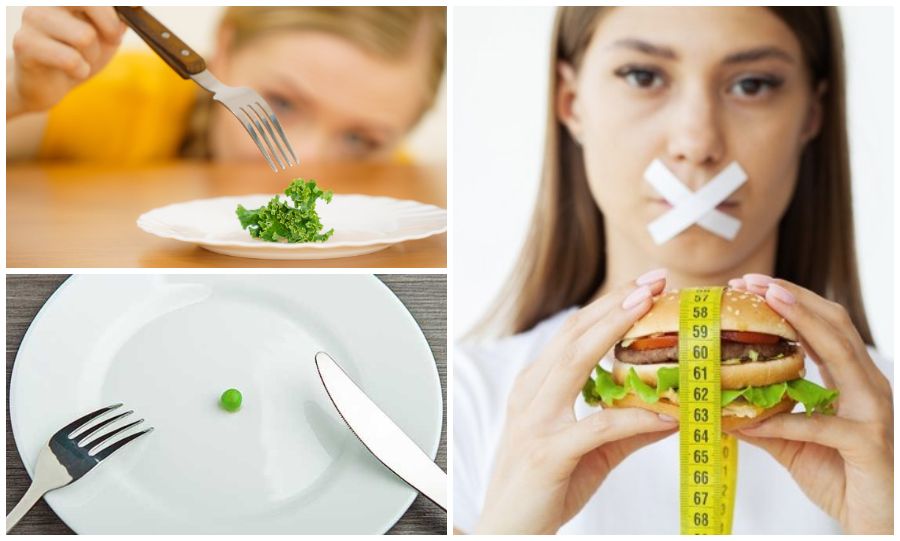Consuming a healthy and balanced diet is not only essential for optimum health, it also helps you to shed weight effectively when you couple that with exercise and proper sleep. A healthy diet would provide your body with appropriate amount of nutrients to run all bodily functions smoothly. We need to eat a variety of foods to get the necessary nutrients )protein, fiber, vitamins, minerals, etc.) because no single food would be able to provide all the nutrients that your body needs. It is essential to include the right balance of nutrients so that we can stay healthy. As we have stressed numerous times in our previous posts, effective weight loss can only be achieved through 80% diet and 20% exercise, and that’s why eating a healthy and well-balanced diet is extremely crucial. In this post, we would go into detail about 7 components of a healthy diet for weight loss. In fact, all Rati Beauty diet programs are carefully planned to include all essential nutrients so that the body does not miss out nutrition. For our body to function properly. eating these components in proper amounts is essential.


7 Components of a Healthy Diet for Weight Loss:
1. Protein:
Protein is a great way to lose weight and keep that waist tiny. Consume foods rich in protein to stay fit and healthy. Some healthy protein-rich food items are chicken, fish, eggs, nuts, turkey. If you are vegan, then tofu, homemade paneer, lentils, soybeans, soy milk are great options.
2. Carbohydrates:
Fill your stomach with healthy carbs like whole grains, leafy greens. A few healthy carbs options are – cauliflower, beans, onions, sweet potatoes, potato, oatmeal, quinoa, asparagus, broccoli. Mostly any type of vegetables, whole fruits, grains, seeds, nuts, etc. would provide your body with healthy carbs. Here’s a list of healthy carbs that can be included in a healthy diet.

3. Healthy Fat:
The biggest misconception a majority of people have is that you don’t need fats! This is not true because you need healthy fats to maintain a healthy weight along with good skin and hair. You can get your healthy fats from coconut oil, almond oil, olive oil, almonds, Brazil nuts, avocado, banana, egg yolks, cheese, ghee, dark chocolate, chia seeds etc
4. Vitamins:
Organic substances and nutrients produced by plants and animals that are essential for survival. They support and are essential to run major functions in the body without which survival is not possible. There Vitamins with the exception of vitamin D are not synthesized in the body and therefore should be sourced from food directly. Vitamins can be broadly categorized into two categories – water soluble and fat soluble. There are 13 vitamins in total – 4 fat soluble vitamins (A, D, E, and K) and 9 Water Soluble vitamins (B1, B2, B3, B5, B6, B7, B9, B12, and C). Interestingly, vitamin B is a cluster of 8 vitamins. When there is a lack of adequate amount of vitamins, it can lead to deficiencies, disrupting normal bodily functions and making a person prone to diseases.
1. Vitamin A: Builds immune system, prevents premature ageing, helps to run bodily functions smoothly, makes bones stronger, promotes muscle growth, antioxidant properties. Sources: Eggs, spinach, carrot, papaya, etc.
2. Vitamin B1: Essential for good skin and hair, boosts immunity, forms red blood cells, improves memory. Sources: Green peas, sesame seeds, white beans, tomato, chia seeds, spinach, macadamia nuts, Brussel sprouts, quinoa, sunflower seeds.
3. Vitamin B2 (riboflavin): Promotes formation of red blood cells, helps regulate thyroid hormone, essential for good skin and hair, boosts mineral absorption in the body, strengthens immune and digestive system, essential for smooth running of organs and nervous system. Sources: Spinach, tomatoes, cabbage, eggs, broccoli, milk, yogurt, cheese, whole and enriched grains and cereals.
4. Vitamin B3 (Niacin) or vitamin PP: Improves cholesterol levels, lowers cardiovascular disease risk, maintains good skin health, helps maintain good joints and bones, good for brain health. Sources: Meat, poultry, fish, almonds, tomato, spinach, avocados, carrots, pumpkin seeds, sweet potatoes, dates, whole grains, mushrooms, potatoes.
5. Vitamin B5 (pantothenic acid): Builds stamina, stimulates adrenal hormones, important for healthy skin and hair, helps liver to clear toxic substances, helps maintain healthy heart, strengthens immune system. Sources: Sunflower seeds, avocado, tomatoes, broccoli, cauliflower, chicken, whole grains, corn, yogurt, eggs, mushrooms.
6. Vitamin B6 (pyridoxamine): Helps to heal wounds quickly, good for heart and kidney health, good for nervous system, boosts immunity and metabolism, maintains healthy levels of hormone in the body. Sources: Meat, eggs, cauliflower, corn, yogurt, fish, poultry, legumes, tofu and other soy products, bananas.
7. Vitamin B7 (Biotin): Maintains good hair and skin, stimulates metabolism, good for proper functioning of heart, essential for growth and maintenance of muscle and tissues. Sources: Walnuts, banana, almonds, cauliflower, eggs, whole grains, soybeans, fish.
8. Vitamin B9 (folic acid): Helps create red blood cells, repair DNA, and some forms of cancer. Prevents birth defects in babies. Improves level of hemoglobin, helps fight anxiety and depression, helps with growth and maintenance of muscles and tissues. Sources: Spinach, lentils, chickpeas, celery, beets, sunflower seeds, fortified grains and cereals, asparagus, spinach, broccoli, legumes (black-eyed peas and chickpeas), orange juice. Eggs, almonds, meat, poultry, fish, milk, cheese, fortified soymilk and cereals.
9. Vitamin B12: Needed to convert carbohydrates into glucose molecules, helps to produce energy, needed for healthy regulation of nervous system, fight depression and anxiety, maintains healthy digestive system. Essential for healthy skin, hair, and nails. Renewal of skin and hair cells. Helps protect against breast, colon, lung, and prostate cancer. Sources: Eggs, milk, and milk products.
10. Vitamin C or ascorbic acid: Strengthens immunity, decreases hypertension, prevents cardiovascular diseases, essential for collagen production. Necessary for healthy skin.
11. Vitamin D: Needed for healthy bones, proper absorption of minerals, helps prevent cancers, fights depression, prevents osteoporosis.
12. Vitamin E: Needed for healthy skin and hair, fights free radicals, helps with healing of wounds, fights ageing, strengthens immune system.
13. Vitamin K: Protects heart, maintains good dental health, good for brain health.
14. Vitamin C: Citrus fruit, potatoes, broccoli, bell peppers, spinach, strawberries, tomatoes, Brussels sprouts.
5. Minerals:
When we seem to be doing everything right – from dieting to working out in the gym, and still not losing weight, you should get yourself checked for mineral deficiencies such as calcium, chromium, zinc, potassium, magnesium, manganese, iron, etc., because these form important links in the fat burning process. In fact, calcium can help shed belly fat which is the most stubborn fat you can think of.
6. Fiber:
Fiber is a category of nutrients that does not break up into sugar molecules, rather it passes down into the gut unbroken, and helps feed the healthy bacteria in the gut with nutrients. Healthy bacterial colonies are essential to maintain a healthy gut for better absorption of nutrients and vitamins into the body. Fiber is an essential part of a healthy diet because it helps to maintain a healthy digestive system, clears constipation, regulate blood sugar levels, and also to control appetite. Fiber helps to reduce appetite, reduces belly fat, and thus helps with weight loss too.Fiber helps to treat constipation and other digestive system related issues. Most importantly, fiber reduces the risk of colon cancer. Here’s a list of fiber-rich food that you should include in your diet. Here’s a list of 32 Fiber-Rich Food that help with weight loss.
7. Water:
Drinking water should be given supreme importance to remain healthy and to lose weight as well because water is needed to run the bodily functions smoothly. In fact, dehydration would lead to disruption of all activities in the body due to lack of water. Interestingly, human body comprises of more than 70% water and that’s why one should never stop at drinking 8 glasses of water. Regular and proper intake of water can help in maintaining the water levels in the body, flushes out toxins from the body, and aids in weight loss as well.
Ratio of Nutrients to Lose Weight:
If your aim is to shed some body weight, then the range of macro ratio that is ideal for you – 10-30% carbs, 40-50% protein, 30-40% fat.
Counting macros for muscle gain: If you want to gain some muscle, then this range of macro ratio is for you- 40-60% carbs, 25-35% protein, 15-25% fat.
Counting macros for maintenance: If you are someone who is happy with your current body weight and looking to maintain your shape, then this macro ratio range for perfect you: 30-50% carbs, 25-35% protein, 25-35% fat.
Counting macros on keto diet: If you are on a strict keto diet, the macronutrient range to stay in ketosis stage – 5-10% carbs, 15-30% protein, 60-75% fat.
32 Fiber Rich Food Items for Weight Loss
Foods That Prevent Fat Accumulation
12 High-Carb Foods That You Should Take in Your Diet
10 Amazing Ways to Start Eating Healthy





